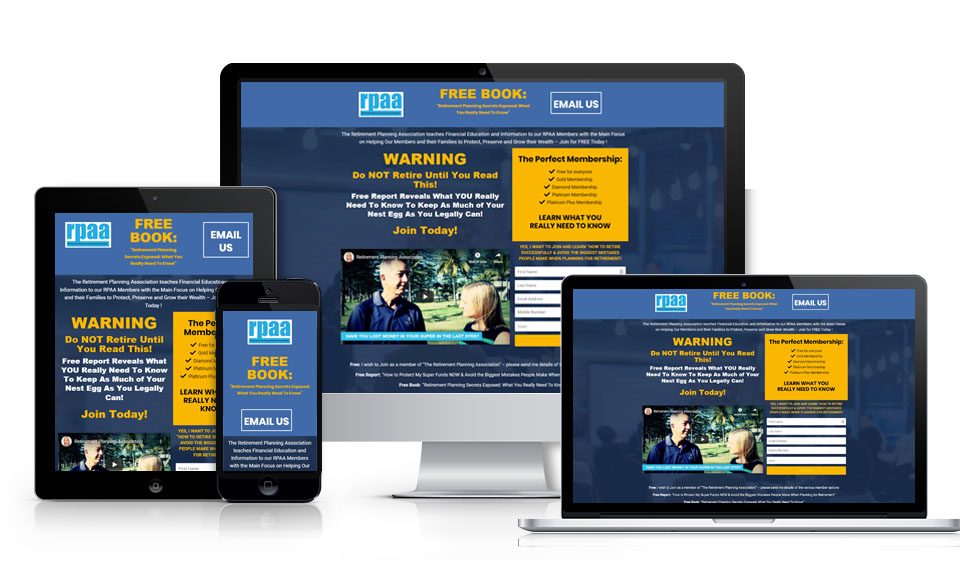- We take your business to new heights
- support@growmybusinessonline.com.au
Lead Generation for Small Businesses in Australia

Small Business SEO Services in Australia: How to Optimize Your Online Presence
April 27, 2023
A Comprehensive Guide to Performing a Website SEO Audit
June 5, 2023In the world of digital marketing, lead generation is like making connections with potential customers. It’s about turning curious people into possible clients by getting their contact info, like email or phone number. This way, businesses can follow up and turn them into paying customers.
Think of lead generation as a crucial part of marketing plans for any business. It’s the secret sauce that keeps the flow of potential customers steady, leading to more sales.
Now, let’s dive into some smart strategies to generate leads. We’ll start with something powerful for small businesses: content marketing. This is all about creating and sharing useful stuff, like blog posts, videos, or pictures. The goal is to grab the attention of possible customers and build trust. Once they’re interested, you can ask for their contact info by offering them something extra, like an ebook or special report.
This article will break down how content marketing, in simple terms, helps small businesses attract and keep customers. It’s like a guide to using awesome content to bring in, engage, and turn curious folks into valuable customers. Let’s jump into a world where interesting content becomes the way for businesses to get more leads.
Lead Generation Strategies
Content Marketing for small business
Content marketing is the process of creating and sharing valuable content to attract and retain a specific audience. Content can come in many forms, including blog posts, videos, podcasts, infographics, and more.
By creating high-quality content that is relevant and useful to your target audience, you can attract potential customers and build trust and credibility with them. Once they are engaged with your content, you can encourage them to provide their contact information in exchange for additional content, such as an ebook or white paper.
For example, a software company that provides project management tools could create a blog post series on project management tips and techniques. This content would be relevant and useful to their target audience, and could attract potential customers who are searching for information on project management. The company could then offer an ebook or white paper on the same topic, and encourage readers to provide their contact information in order to download it.
Related Posts:
- SEO For Small Business – Why it is a necessity?
- Affordable SEO for Small Business in Sydney
- Small Business SEO Services in Australia
Search Engine Optimization (SEO)
Search engine optimization is the process of optimizing your website and content to rank higher in search engine results pages (SERPs). By optimizing your website for relevant keywords and phrases, you can attract potential customers who are searching for those terms.
Once they land on your website, you can encourage them to provide their contact information in exchange for additional content or to sign up for your newsletter.
For example, a dental clinic could optimize its website for keywords like “dentist in [city name]” or “teeth cleaning”. When potential customers search for these terms, the dental clinic’s website would appear higher in the search results, increasing the chances that they will click on it. Once they land on the website, the dental clinic could offer free teeth cleaning in exchange for the customer’s contact information.
Social Media Marketing for small businesses
Social media marketing is the process of using social media platforms, such as Facebook, Twitter, and Instagram, to attract potential customers and build relationships with them.
By creating engaging content and interacting with your followers, you can attract potential customers and encourage them to provide their contact information in exchange for additional content or to sign up for your newsletter.
For example, a clothing store could use Instagram to showcase their latest fashion trends and styles. They could create engaging posts that feature their products and encourage their followers to tag their friends or share the post. They could also offer a discount code or free shipping in exchange for the customer’s contact information.
Pay-Per-Click (PPC) Advertising for small business
Pay-per-click advertising is a form of online advertising where businesses pay each time someone clicks on their ad. This type of advertising can be highly targeted, as businesses can choose the keywords and demographics that they want to target.
By creating engaging ads and targeting the right audience, businesses can attract potential customers and encourage them to provide their contact information in exchange for additional content or to sign up for their newsletter.
For example, a landscaping company could create a PPC ad that targets people who are searching for “landscaping services” in their local area. The ad could feature a discount code or free consultation in exchange for the customer’s contact information.
Referral Marketing small business
Referral marketing is the process of encouraging your existing customers to refer their friends and family to your business. By offering incentives for referrals, such as discounts or free products or services, you can encourage your customers to spread the word about your business and attract potential customers.
For example, a restaurant could offer a free appetizer to any customer who refers a friend who ends up dining at the restaurant. This incentivizes existing customers to spread the word about the restaurant and bring in new customers.
Webinars and Events for small business
Webinars and events are a great way to attract potential customers and build relationships with them. By hosting webinars or events on topics that are relevant and useful to your target audience, you can attract potential customers and provide them with valuable information. Once they are engaged with your content, you can encourage them to provide their contact information in exchange for additional content or to sign up for your newsletter.
For example, a marketing agency could host a webinar on social media marketing for small businesses. This webinar would be relevant and useful to their target audience and could attract potential customers who are interested in social media marketing. The agency could then offer a free social media audit in exchange for the customer’s contact information.
Conclusion
Lead generation is an essential part of any business’s marketing strategy whether small or large. By using a combination of content marketing, SEO, social media marketing, PPC advertising, referral marketing, and webinars and events, businesses can attract potential customers and build relationships with them.
It’s important to remember that lead generation is not a one-time event, but an ongoing process that requires consistent effort and attention. By focusing on providing value to your target audience and building relationships with them, you can turn potential customers into paying customers and ultimately grow your business.
So if you haven’t already invested in SEO and lead generation services, now is the time to do so and take advantage of the many benefits it can offer to your small business. Contact Us at Grow My Business Online

